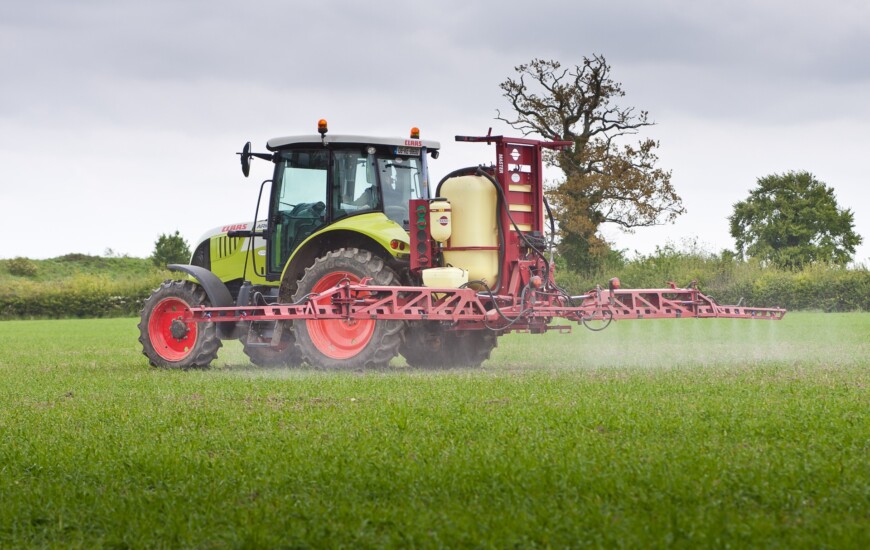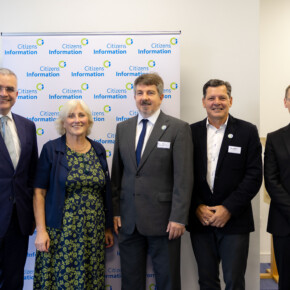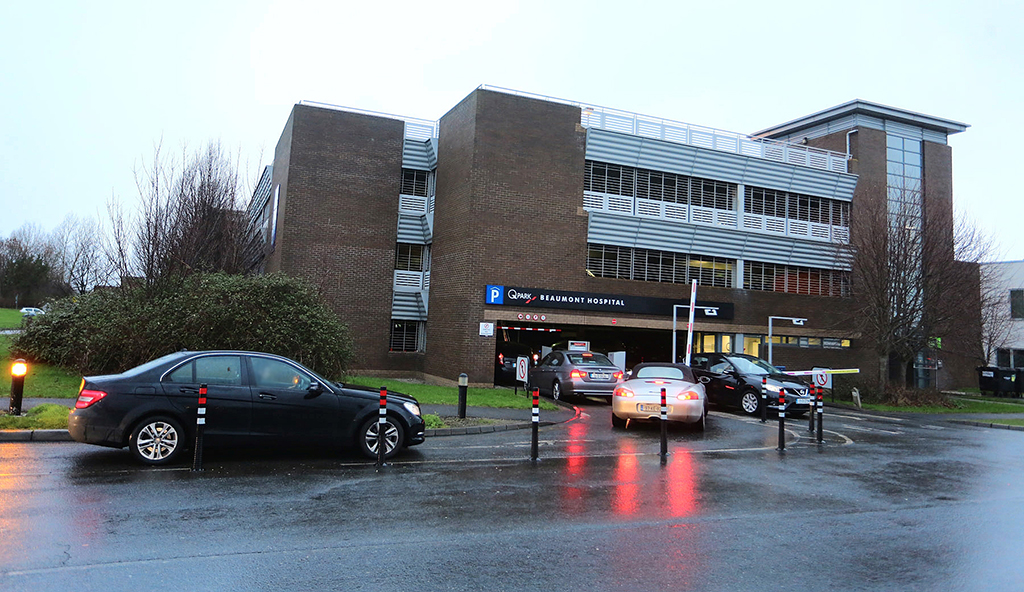Dublin pesticide users urged to protect water as spraying season ends
Padraig Conlon 09 Sep 2025
Uisce Éireann has issued a warning to Dublin farmers, landowners and amenity managers to take extra care with pesticides as the spraying season draws to a close, stressing that even a single drop can pollute drinking water sources up to 30 kilometres away.
The utility, together with the National Pesticides and Drinking Water Action Group (NPDWAG), says recent progress in reducing pesticide detections must not be undone by late-season use.
Since 2017, the number of pesticide exceedances in public drinking water supplies has fallen by more than half, thanks to better practices across farming and land management. But monitoring shows risks remain.
With the current spell of good weather, some land managers may be tempted to spray grassland or amenity areas for rushes, docks, thistles and nettles.
Uisce Éireann and the NPDWAG are urging that chemical spraying should only be considered if absolutely necessary, and that alternatives such as non-chemical controls should be prioritised.
Where chemicals are used, they stress that strict adherence to product label instructions and best-practice guidelines is essential.
Dr Pat O’Sullivan, Uisce Éireann’s Drinking Water Compliance Senior Manager, said last year’s data showed an unwelcome trend of pesticide detections outside the main MCPA spraying season.
“While this has not yet happened in 2025, the risk of it repeating itself remains high.
“We are urging all pesticide users to be mindful of their use as the spraying season comes to a close, so that we can avoid late-season exceedances again this year.
“Even one drop of pesticide can travel up to 30km in a watercourse, so every action counts,” he said.
Dr Aidan Moody of the Department of Agriculture, Food and the Marine, who chairs NPDWAG, praised the work done by farmers and land managers but echoed the need for vigilance.
“We urge everyone to continue the great work and always consider whether a pesticide is needed at all, and where it is, to make sure that best practices are followed.
“This approach not only protects our drinking water but also supports biodiversity and healthy ecosystems.”
Users are also reminded that some products carry closed spray periods, during which their use is prohibited.
Herbicides containing MCPA, for example, cannot be used between the end of September or October, depending on the label, and the beginning of March.
Late applications combined with wetter autumn and winter weather greatly increase the risk of contamination.
Authorities say public cooperation remains vital to maintain Ireland’s high quality drinking water supplies.
More information is available from local farm advisers or online at www.pcs.agriculture.gov.ie/sud/waterprotection.











